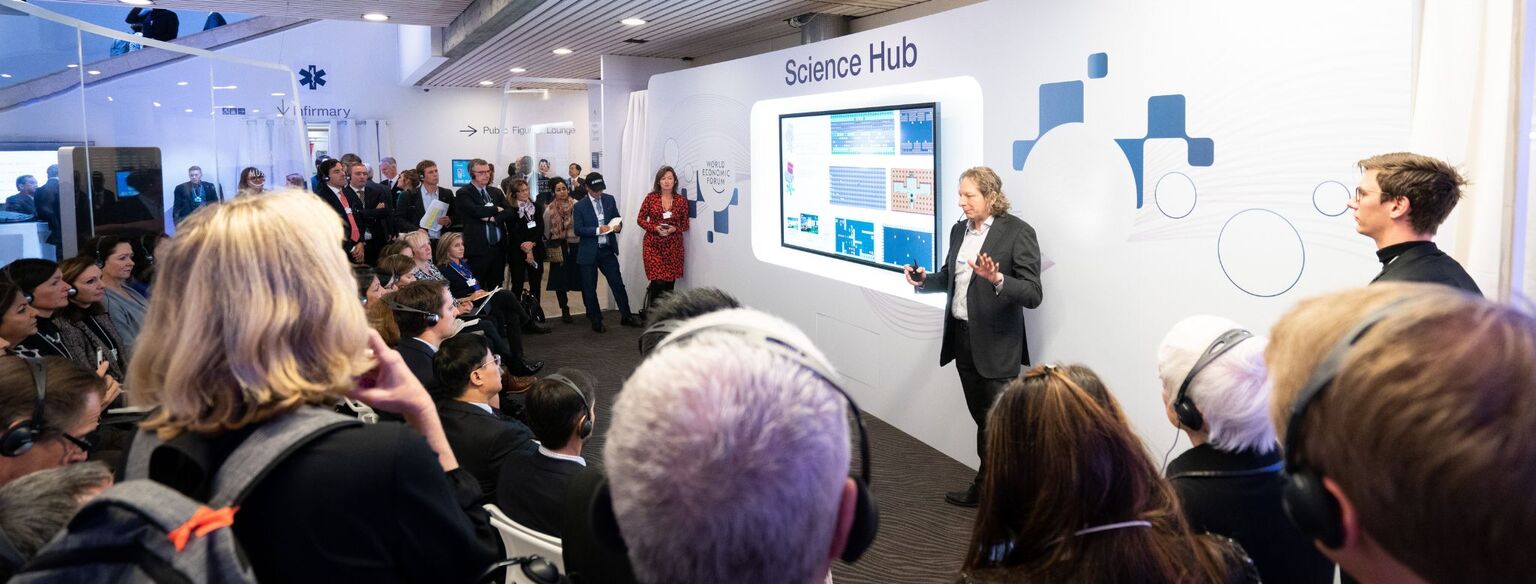Emotional resonance: The science behind memorable events

Emotions shape our experiences, coloring our memories and interactions in many ways. Whether it’s the joy of a dance performance, the intrigue of visiting a museum, or the stimulation of a conference, emotions have a profound impact on how we perceive and remember events. But have you ever wondered, why? Why do certain events tug at our heartstrings while others barely make a dent?
Enhances participant memory
It’s no secret that we tend to remember emotionally charged events more vividly than mundane ones. Recall one of your most cherished memories – it’s likely tied to strong emotions, be it happiness, sadness, fear, or excitement. This isn’t a coincidence. Neuroscience provides insight into this phenomenon.
Our brains are designed to prioritize information that is essential for our survival. Emotional experiences often involved situations that had survival implications. For instance, consider a close encounter with a predator or the joy of a successful hunt.
The amygdala, a tiny almond-shaped structure deep within our brains, plays a pivotal role in this process. It evaluates emotions and helps determine what gets stored in long-term memory. Thus, emotionally charged events stand out more prominently in our recollections.
Enhances participant engagement
There’s a reason why certain stories, emotional speeches, or touching films tend to captivate us. Emotion drives engagement. The more we feel, the more in tune we become to the content at hand.
Numerous studies have supported this idea. When we experience strong emotions, our focus sharpens. Our minds are flooded with feelings, and they latch onto the source of that emotion. Our drive to learn and participate intensifies, enabling us to deeply engage with the materials presented.
For educators, event organizers, or anyone looking to capture an audience’s attention, this is an essential tool. Engage participants’ emotions, and you’ll engage their minds.
Fosters a sense of community
Ever attended a concert, a protest, or a seminar that left you feeling connected with complete strangers? There’s science behind that too.
Research suggests that when people collectively undergo an emotional event, walls come down. This bond can bolster relationships, kindling friendships and connections. Event organizers often leverage this facet of human nature. By crafting emotional experiences, they not only ensure that attendees connect with the content but also with each other. Such an atmosphere increases the likelihood of attendees returning for future events.
Final thoughts
Emotional events are more than just transient episodes that evoke feelings. They are powerful catalysts, capable of etching memories, commanding attention, and building bridges between individuals. By understanding the science behind these phenomena, we can harness the power of emotions to create lasting, meaningful experiences.
Ready to measure participant emotions in your events? Try our Emotional Impact Tool and create unforgettable experiences for your audience.
